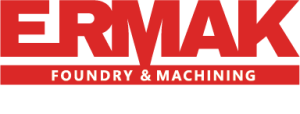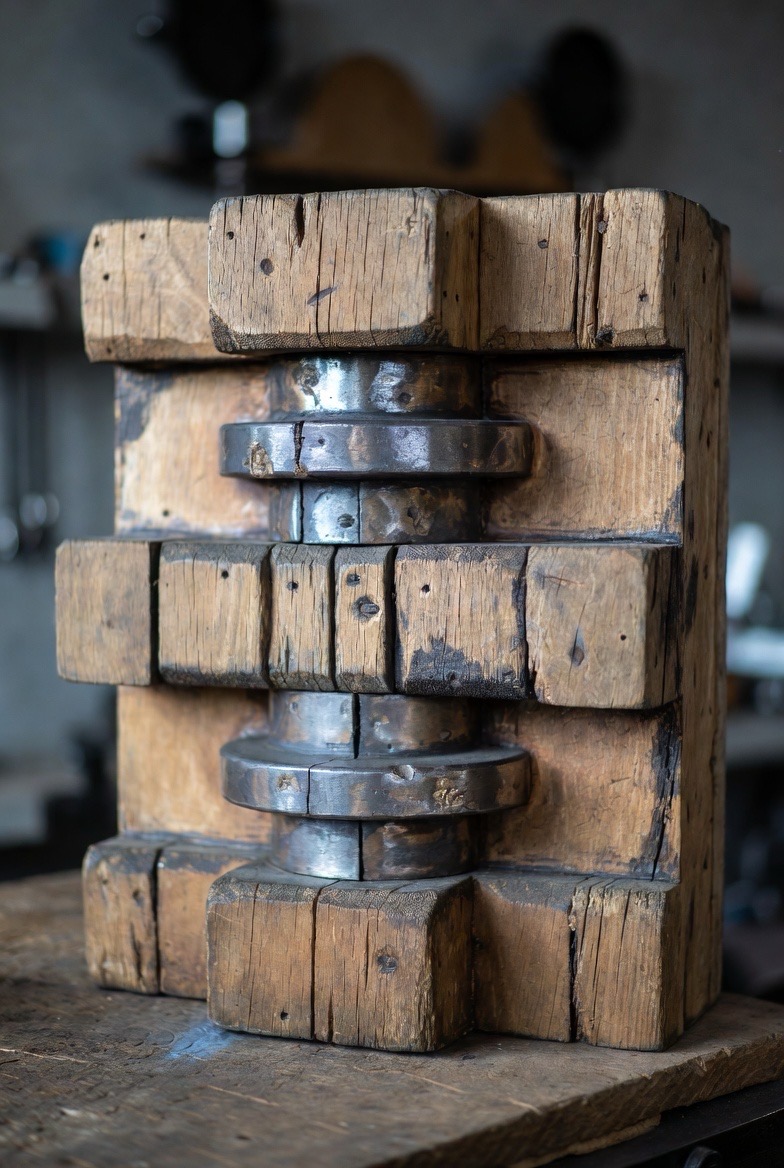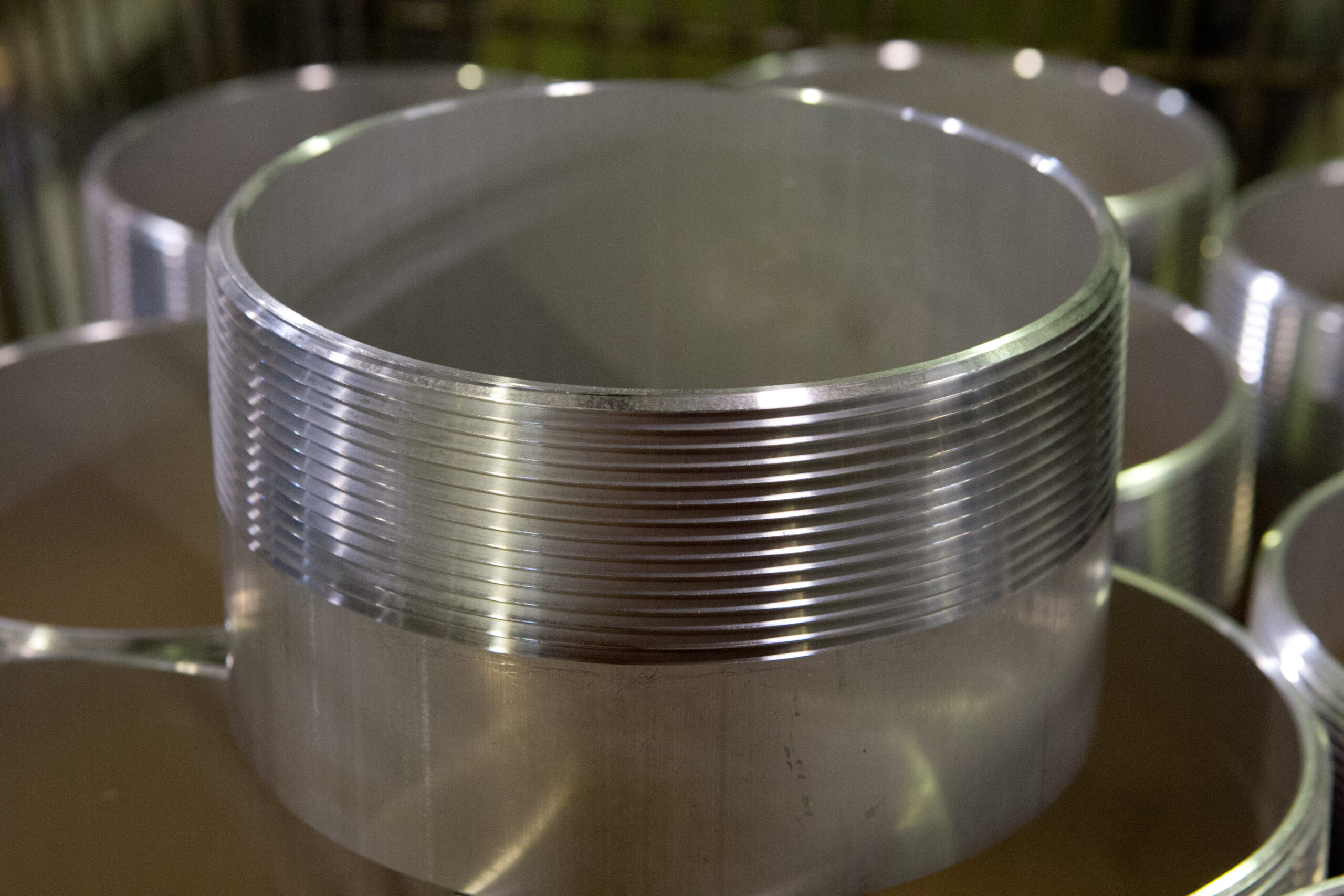Five non-ferrous metal applications which affected global industries in a big way include aluminum aircraft frames, magnesium transmissions, titanium golf clubs, zinc electrical hardware, and bronze gears.
The Industrial and Transportation Revolutions fueled the demand for non-ferrous metal applications.
The development of the airplane industry, the commercialization of automobiles, and the mass production of durable and recreational consumer goods paved the way for today’s real-world applications of non-ferrous metals that provide technological advantages at indispensable cost savings.
ALUMINUM AIRCRAFT
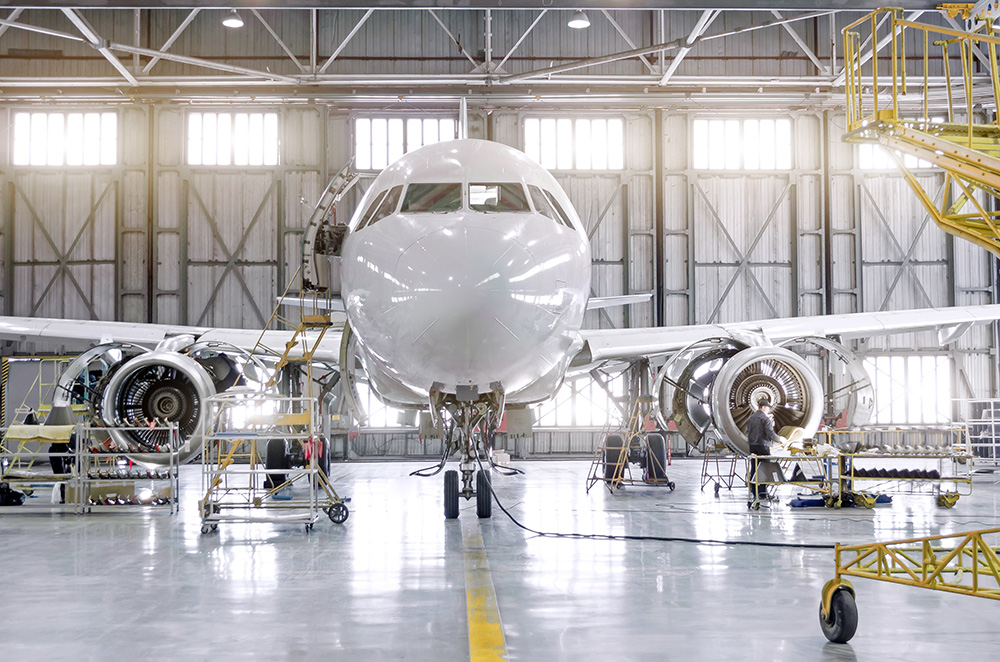
Lightweight, durable, strong, and highly flexible, aluminum has proven to be the best material for constructing aircraft.
No industry has benefited more from aluminum than the airline industry. Aluminum parts have been used in aircraft construction since the Wright Brothers used an aluminum crankcase for the WrightFlyer.
By weight, 80% of all aircraft consist of aluminum parts. The fuselage, wings, rudder, doors and floors, frames of seats, fuel nozzles, hydraulic systems, ball bearings and engine turbines are all made of aluminum.
Aluminum alloy development/production and advances in aircraft technology are tightly connected. Aluminum casting technology reduces manufacturing costs while also allowing engineers to incorporate creative designs and concepts.
MAGNESIUM TRANSMISSIONS
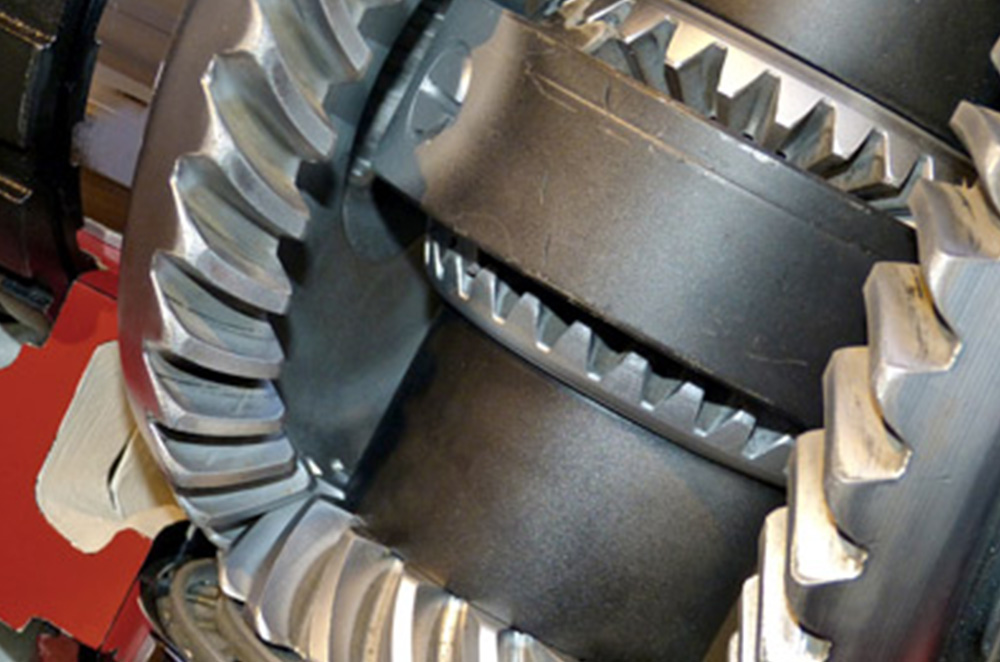
Magnesium cast parts offer a lightweight component and feature integration proven to be durable and highly effective.
The advantages of using transmission parts made from magnesium in automobiles, trucks, and other vehicles are of no surprise. Magnesium cast parts are the choice of the industry because the metal is 75% lighter than steel and 33% lighter than aluminum, has a high strength to weight ratio and high impact resistance, has excellent dimensional stability, and can be cast to just about any shape.
Of all the most popular metal alloys, magnesium has the lowest density, making it an attractive fit in the manufacturing of transmission parts. It not only reduces the total mass of a vehicle but its weight distribution and balance. Lowering the front end improves the dynamics of the vehicle.
The application of magnesium cast alloys is also compatible with commercial automatic transmission fluids. In laboratory studies, the effects of high temperature, the presence of condensation or water, and the galvanic coupling with steel caused no significant corrosion of magnesium under any of the test conditions.
TITANIUM GOLF CLUBS
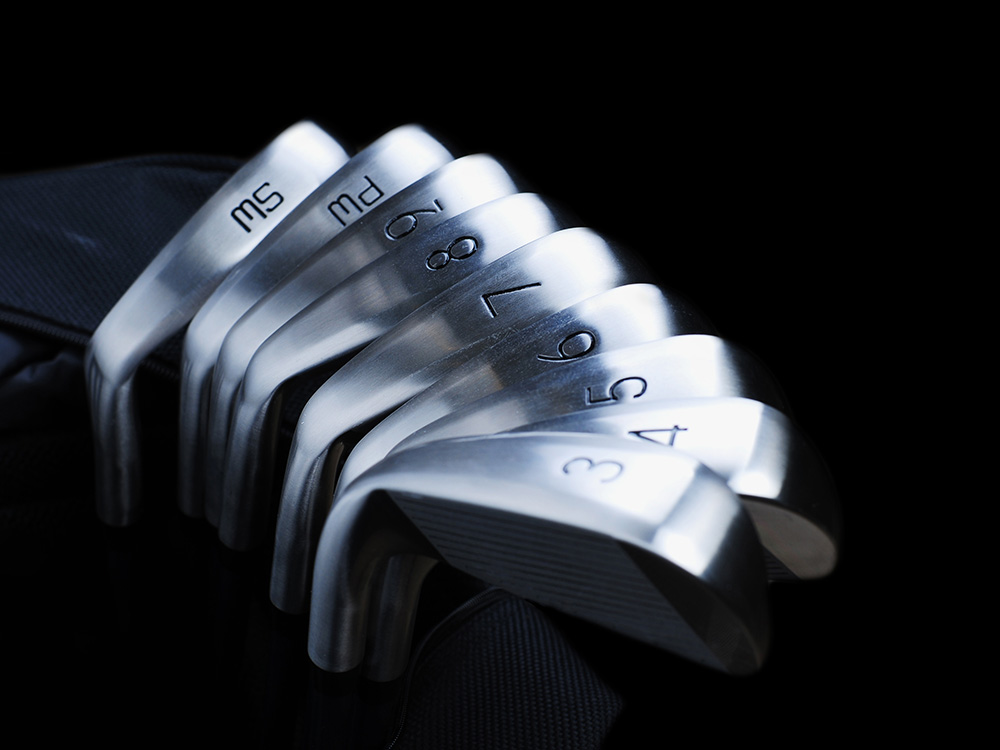
Titanium is the strongest and most durable of metals and impervious to the elements and weather conditions.
Reverend William Gregor, English pastor, mineralogist, and chemist, first discovered titanium ore in 1791. He had no idea that 200 years later it would transform the game of golf by creating the best golf clubs ever made. In the 1970s, club designers realized titanium is an amazingly strong yet lightweight metal—45% lighter than steel. It took another twenty years to perfect the design before the club’s widespread use took off in the 1990s.
Titanium’s lightweight material allows for a more prominent sweet spot on the clubhead, resulting in a faster swing, and optimizing the ball’s launch, flight, and trajectory. The distance a ball travels increased by 20 percent on average.
The introduction of titanium in the making of golf clubs, with its advantage in durability and longevity and increasing the distance part of the game, has effectively revolutionized the sport.
ZINC-BASED ELECTRICAL HARDWARE
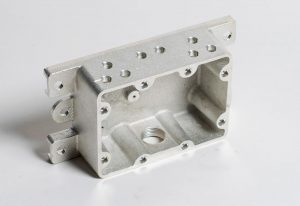
Zinc is one of the strongest and toughest metals there is for casting parts. Zinc creates a formidable barrier in protecting metal surfaces.
The relentless forces of corrosion and chemical leaks on wire terminal connections in industrial environments increase the risk of electrical failure. Industry experts have indicated that faulty connections cause up to 60 percent of electrical downtime.
Zinc casting and electroplating in the manufacturing of electrical components and parts have proven to be the most effective applications in combating the effects of corrosion and chemicals in harsh industrial environments. Zinc is a hard metal, dimensionally stable and self-lubricating, and its properties make it ideal for electrical and thermal conductivity.
It’s an abundant, low-cost raw material and pouring happens at a moderate temperature, making it energy efficient. Today, it is used extensively in the manufacturing of electrical hardware.
BRONZE GEARS
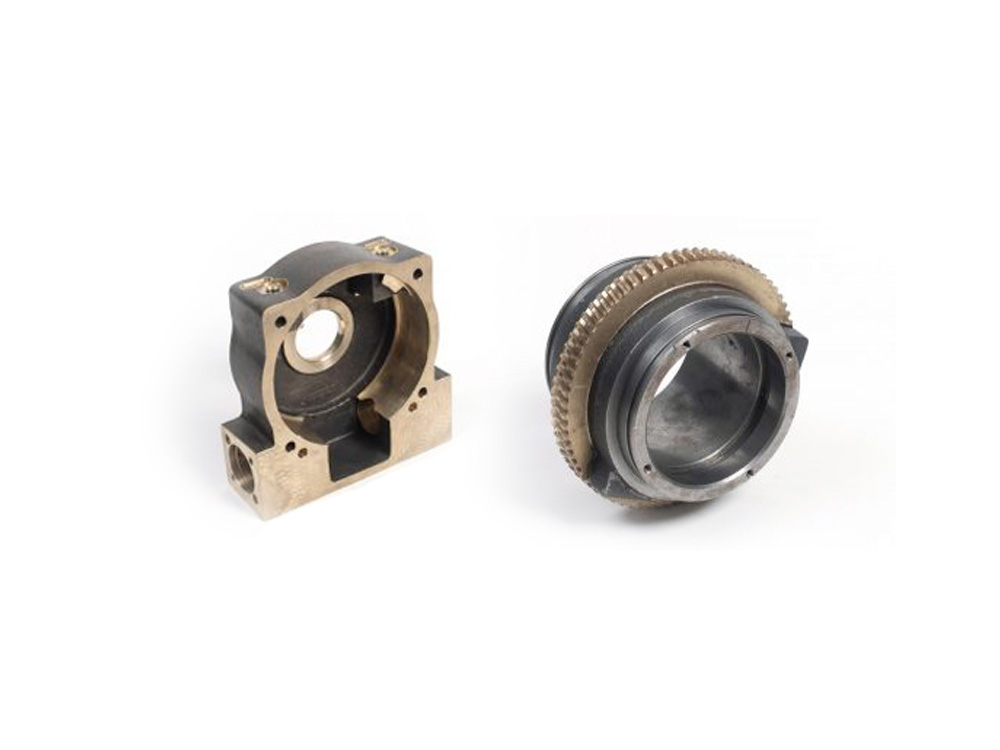
Bronze is a copper-based alloy. Adding other metals, typically tin creates a significantly harder alloy than copper alone.
A wide range of gear-drive systems, power transmission systems, jack screws, landing gears, and pumps all use bronze-cast gears. A variety of sectors, including automotive, aviation, machine tooling, marine, and oil production, utilize bronze gears.
Bronze has specific characteristics that help it to last longer. Compared to other ferrous and nonferrous metals, such as steel or aluminum, bronze has a low friction coefficient and excellent load-bearing qualities. Lower friction equals better efficiency and less wear, making bronze a superb choice.
Other factors that make bronze gears a good bearing material are corrosion resistance, resistance to high temperatures, and good wearing behavior. In addition, bronze is easily machined, welded, brazed, and soldered.
Ermak, through its sister company Patriot Foundry offers cutting-edge Bronze Sand Casting Services. Using tried-and-true methods that cut down on production costs while maintaining product quality, Ermak/Patriot provides you with comprehensive bronze casting services.
